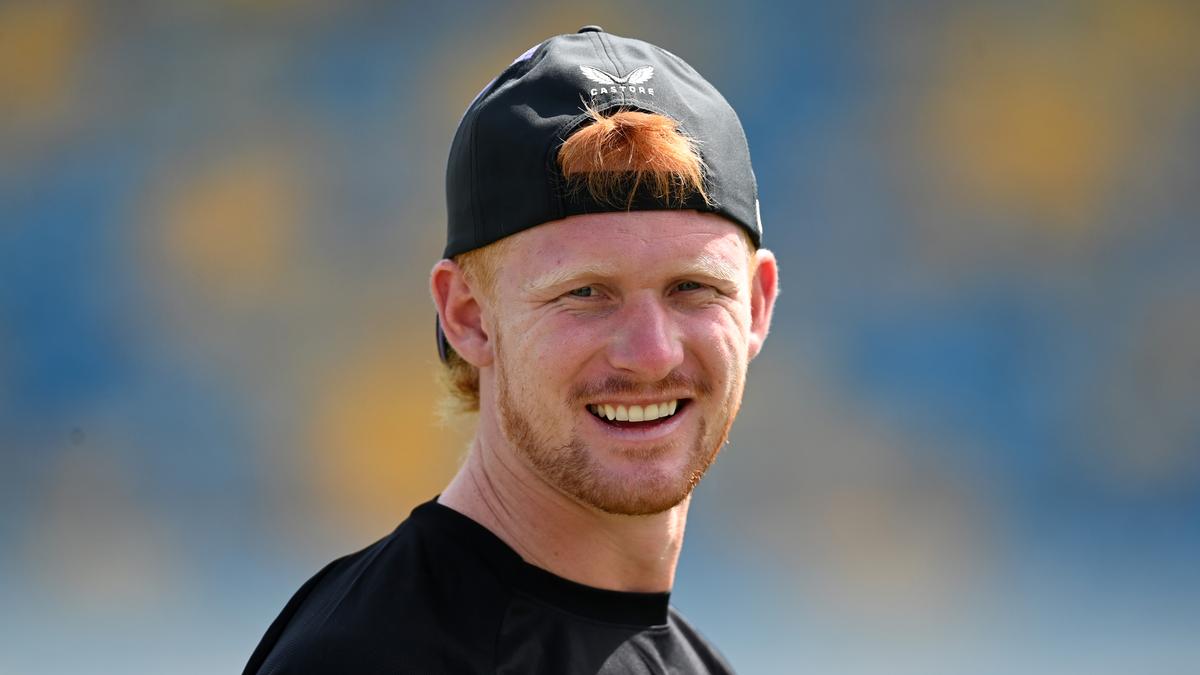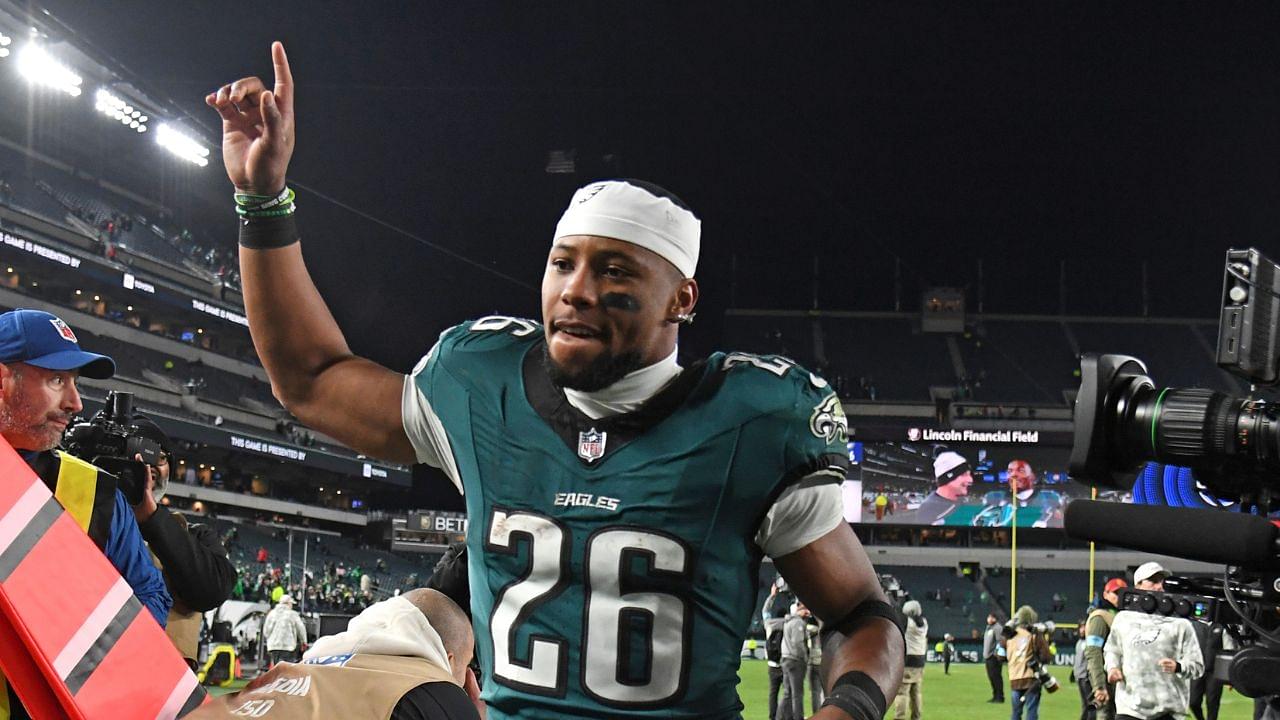
South Africa have rolled into London as back-to-back reigning world champions, ranked No 1 in the world after beating Scotland on Sunday, and staying a step ahead remains top of the Springboks’ agenda . It started with Rassie Erasmus realising, when he was appointed in 2018 with 18 months to the World Cup in Japan, that “the skillset of certain players was magnificent but some guys were still in the old mould”. So the Boks stuck to the basics of, as Erasmus puts it: “Kick and charge and defence and pressure at the breakdown and pressure at the scrum”.
Once the 2019 World Cup was in the bag, 2020 was essentially blank due to the pandemic, 2021 revolved round the British & Irish Lions tour, then “2022, it was the only real year we could start evolving.” In this context, Erasmus insists, his controversial autumn 2022 tweets about refereeing were a message to South Africa’s fans that their team needed to move on from relying on scums and mauls, as they were “a grey area for the referee”. Read Next My England XV to face the Springboks - drop Lawrence and start Randall Since the 2023 World Cup was added, the Boks’ coaching group now comprises Erasmus and assistants Mzwandile Stick, Deon Davids, Daan Human, Tony Brown, Jerry Flannery and Andy Edwards.
Out of camp, with players dotted round the world, Flannery in Ireland monitors the Europe-based ones, Brown does it with those in Japan, and Erasmus in South Africa. “Alignment camps” are a euphemism for a Teams or Zoom call. Erasmus laughs: “That’s the tough part because then word gets out: ‘I wasn’t invited on that call!’” Once the squad is together in person, Erasmus trusts himself to react to “what’s in the players’ eyes”, not to prepared notes.
The captain Siya Kolisi says of him: “Every time we come in, and I think I’ve been here for 12 years, he’s always got something new happening.” Brown, the former All Black fly-half, is new on attack this year. Short meetings are his thing.
“Oh yeah – 10,15 minutes and you’re done,” says the hooker Malcolm Marx. “The backs love it!” Erasmus says Brown has “a brilliant attacking mind.” And he also name-checks Felix Jones – who left for England this year, then quit, and remains so highly rated by the Boks that you wonder if they’d like him back – for laying a foundation with repeated drills in passing and beating the man.
“Sometimes we get it terribly wrong,” Erasmus smiles. But he picks the 48-7 win over Argentina in September as an example of Brown putting it right, making sure players anticipated getting into the right positions in general attack, to nail the available tries. Cheslin Kolbe throwing into line-outs, as the wing had done in international sevens, helped liven training up.
And if a line-out forward suggests “that lock isn’t looking at me anymore, why don’t I jump then?”, the Boks have ex-Test referee Jaco Peyper on hand to check the legality and give the thumbs-up. A surprise second pass by the Boks’ jumpers in the line-out was trained a couple of times, then unleashed against Australia in August, and it worked with a try. Even if it had failed and, say, a handling error led to a scrum, South Africa treat that as just another way into the game, such is the strength of their pack.
Erasmus explains: “Some of it is taking the nervousness away, looking forward to that specific thing you are going to do. “After the anthem, that jitteriness is almost away because you are looking forward to that first line-out five metres out. “We always look for something that’s exciting.
” He has a “no regrets” mantra forged by downers in his playing days like losing to Steve Larkham of Australia’s winning drop goal in the 1999 World Cup. Some you win, some you lose..
. some get rubbed out. Read Next The factors that will decide if Borthwick survives to the 2027 Rugby World Cup A few months after Damian Willemse famously called a scrum from a mark against France in last year’s World Cup quarter-final, World Rugby changed the law to disallow a scrum from a free-kick.
And how about the famous 7-1 split of replacement forwards and backs? The Boks had worked out that “for decades” there was often a back left unused on the bench, or chucked on for the last few minutes – so why bother with it? Although Erasmus concedes: “The World Cup final [would be] a bit extreme, to go seven-one you are really chancing your arm.” New voices are valued, and the prop Ox Nche says fellow forwards Kwagga Smith and Marco van Staden have been speaking up more. Hooker Malcolm Marx says “avoiding silly cards” has seen an emphasis on correct height in tackling, clean-outs and carries.
Kolisi sums up: “Our mentality of ‘it’s not over until it’s over’, that’s our mindset the whole time. Cheslin chasing the [conversion] kick [against France in the World Cup] – you want to do it or it is in your culture. “Some teams maybe don’t have that sort of attitude.
“All the moments add up, and it’s about how many of those you win in a game.”.














